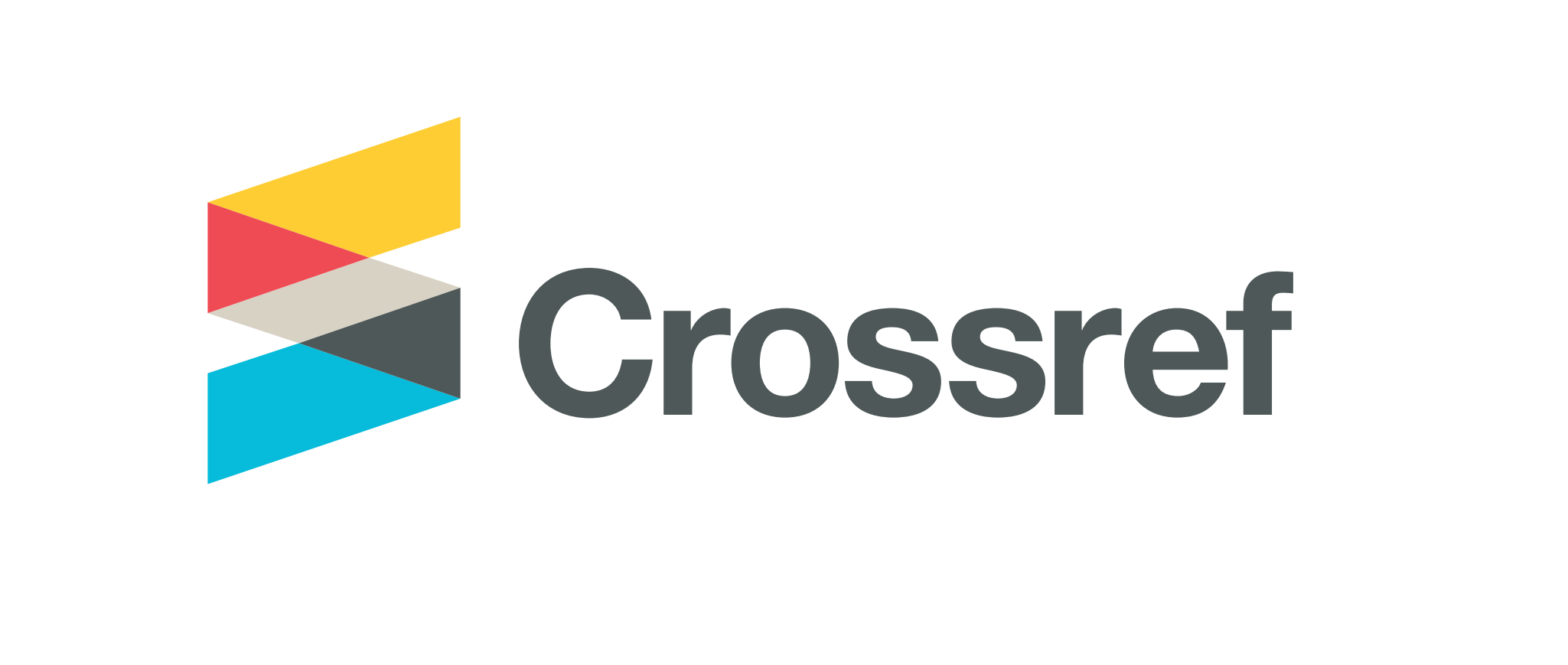Kolaborasi Stakeholder Dalam Penyelesaian Konflik di Tahura Sulawesi Tengah
Abstract
Many parties have an interest in forest resources in Central Sulawesi. Some are in line with or against the conservation goals. In the context of preservation of Central Sulawesi Forest Park, it is necessary to take joint action in formulating policies, harmonizing the interests of the community and the management of Central Sulawesi. This research aims to identify the role of stakeholder in the management and utilization of forest Resources in Forest Park, analyze problem and formulate collaborative patterns of conflict resolution. The research was conducted in Januari-March 2019. The research applied data collection techniques through interviews with respondents taken by purposive sampling method, including those who had an interest in managing Forest Park, Ngatabaru Village community, Ngatabaru Village government, field officers and the parties of Forest Park Regional Technical Executing Unit. Data analysis used the matrix of influence and interests Reedet al, (2009), classifies stakeholders into key players, context setters, subject and crowd. The stakeholder analysismodel with three stages of stakeholder identification, stakeholder classification, and describing stakeholder relationships. The results show that 12 stakeholder had different levels of influence and interst in the management and utilization in Forest Park. There are 4 stakeholder groups in (key player), 2 stakeholders (Subject), 4 stakeholders (Context Setter), and 2 stakeholder (Crowd). The level of stakeholder relations has the opportunity to establish cooperation. But the actual relationship between stakeholder in the management of Central Sulawesi tends to be weak. The results of data analysis show that there is a problem of lack of synchronization and coordination. With this, it is necessary to realize a pattern of collaboration that has high importance in the Central Sulawesi Forest Park area. Building a shared vision unites different viewpoints of those who agree, respect each other, and provide benefits so that sustainable and sustainable management of Central Sulawesi will be achieved.






